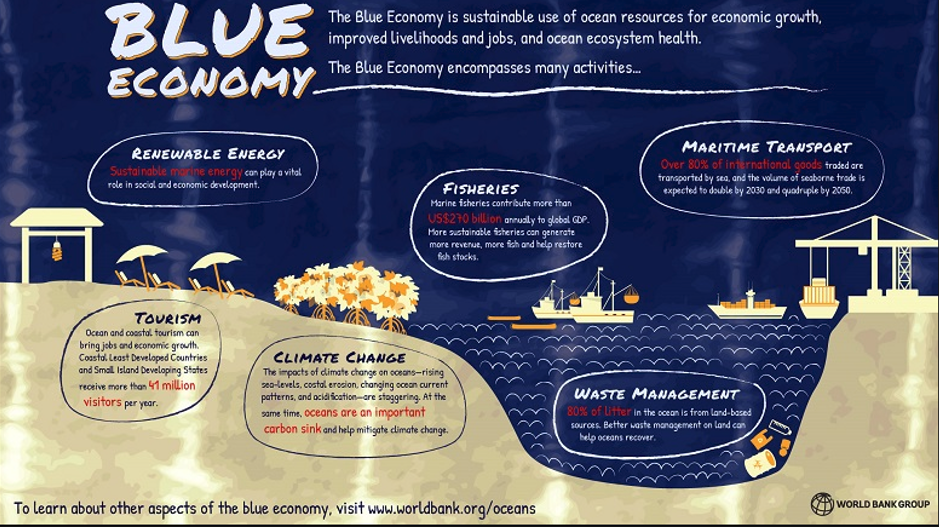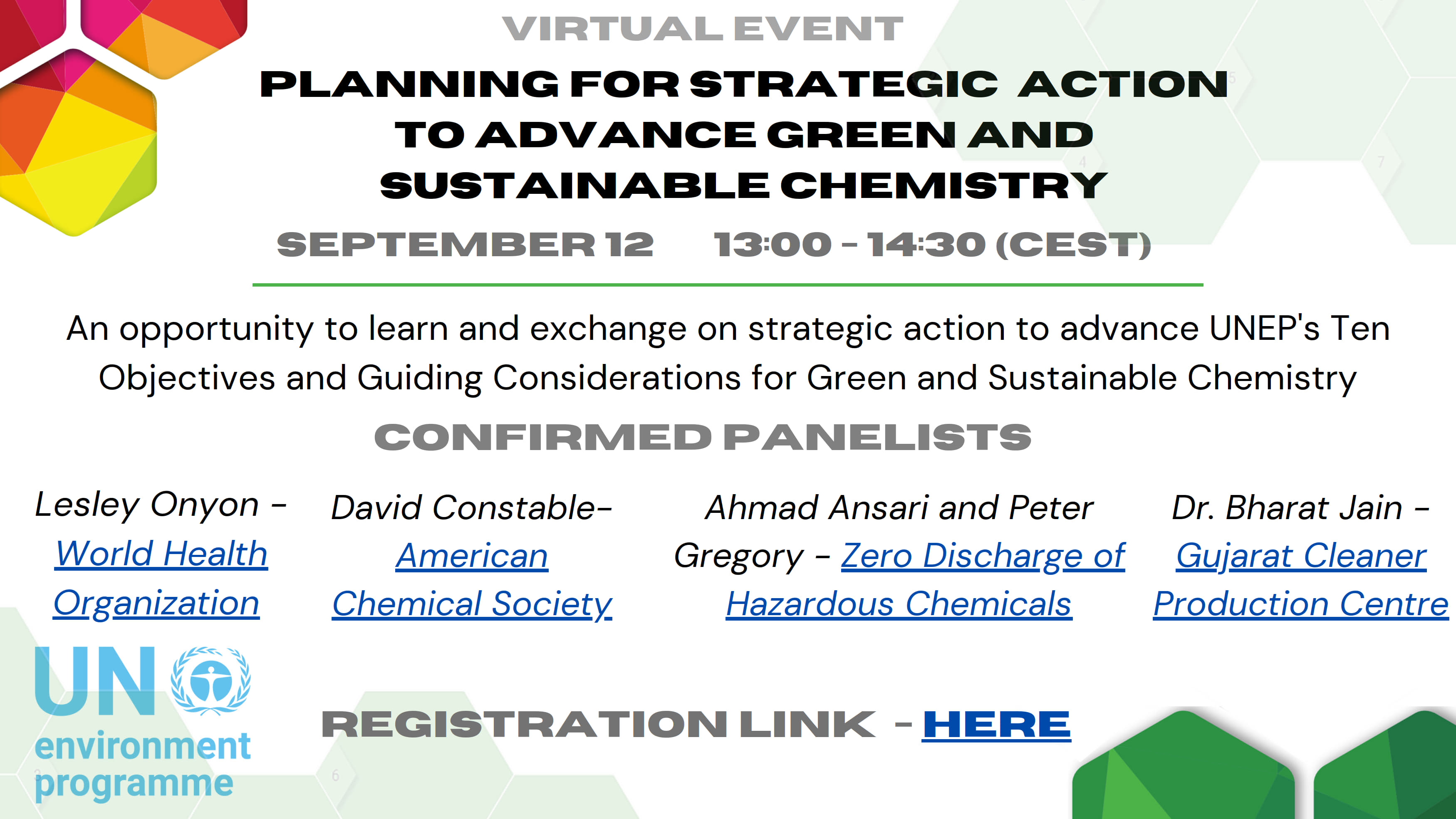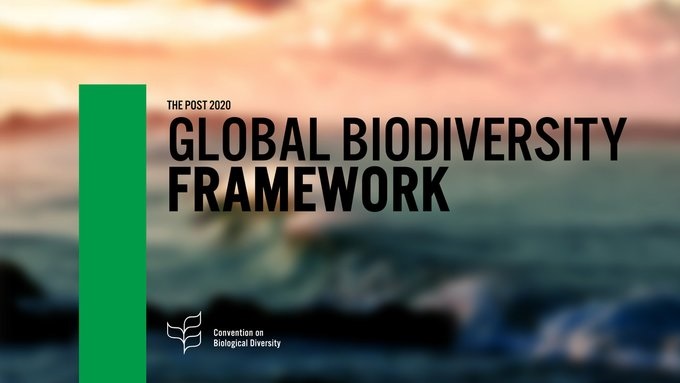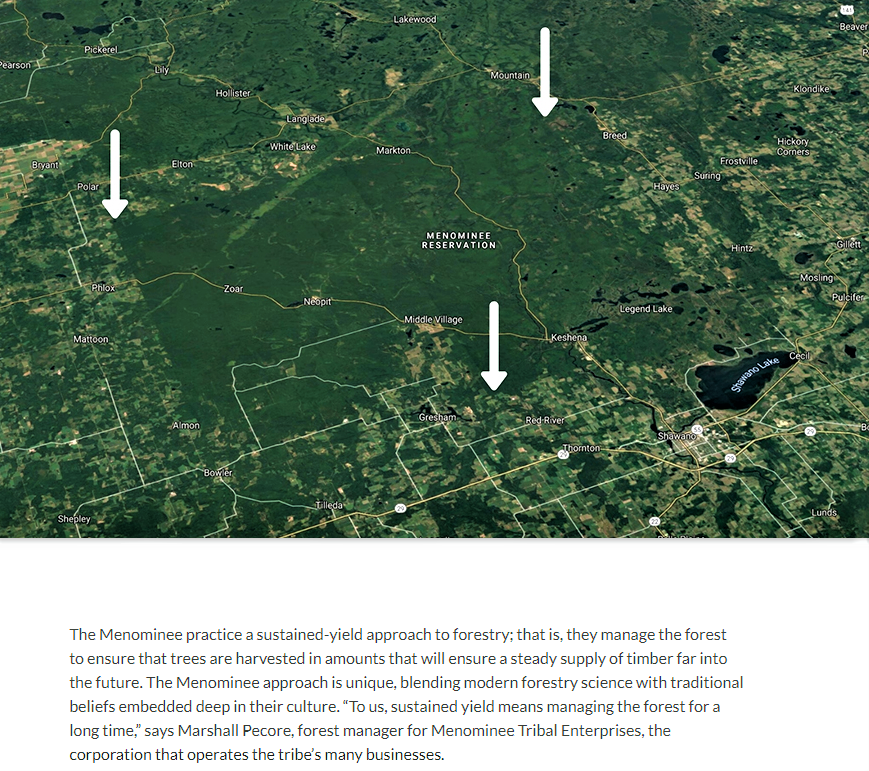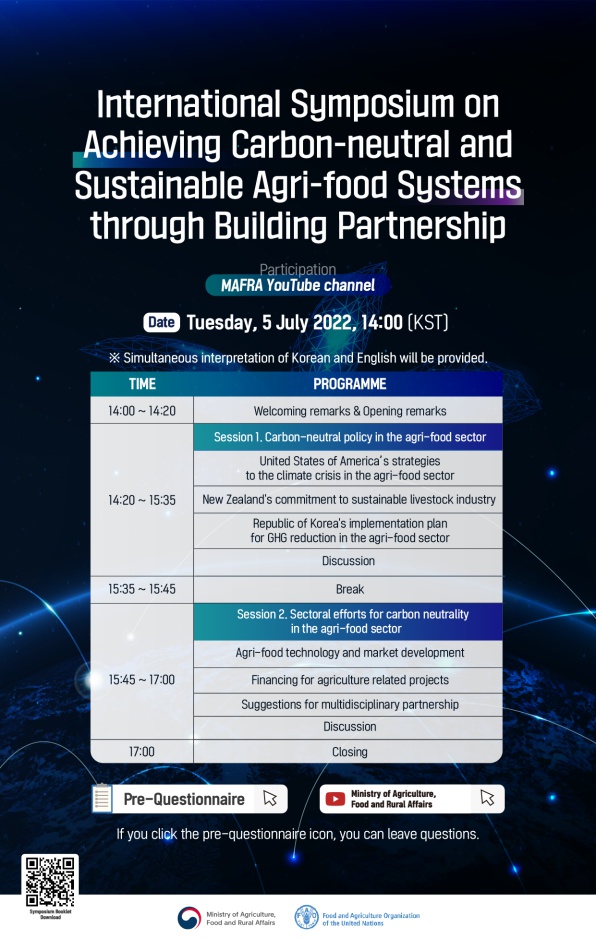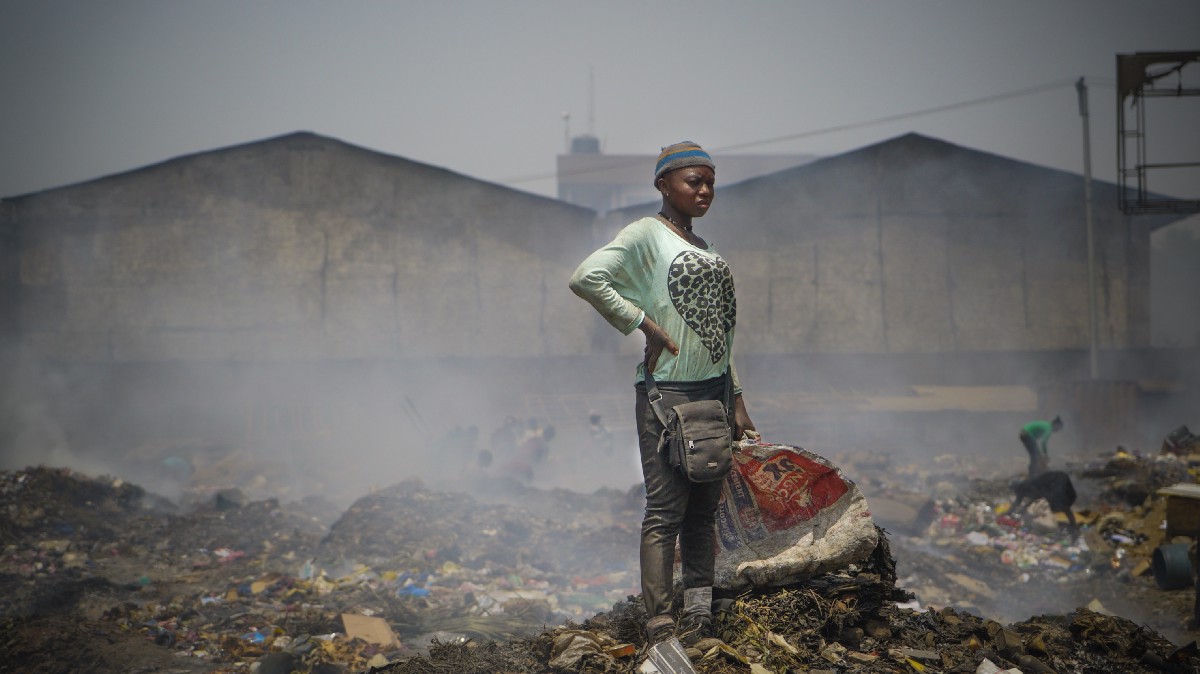Agriculture and Food System
Public - visible to all visitors to the platform.
Open to join - users can join this group without approval.
About this Discussion
Food and agriculture production systems worldwide are facing unprecedented challenges from an increasing demand for food for a growing population, rising hunger and malnutrition, adverse climate change effects, over-exploitation of natural resources, loss of biodiversity, and food loss and waste. These challenges can undermine the world’s capacity to meet its food needs. According to the UN Food and Agriculture Organization (FAO), more than 800 million people are undernourished while 2 billion are micronutrient deficient and 2 billion more people overweight or obese. At the same time, food production, transportation, processing and waste are putting unsustainable strain on environmental resources.
To be sustainable, agriculture must meet the needs of present and future generations, while ensuring profitability, environmental health, and social and economic equity. Greening the agricultural sector involves addressing poverty as well as meeting the nutritional needs of a growing global population while also minimizing the environmental degradation associated with certain agricultural practices.
Achieving these goals requires a transformation of the agriculture sector, leveraging market-based approaches through a coordinated effort by all stakeholders, including farmers, government, civil society and the private sector.
Upcoming Events
Informative message
Agriculture and Food System
Created a Post in Agriculture and Food System
Created a Post in Agriculture and Food System
Created a Post in Circular Economy, Agriculture and Food System, Industry and Social Innovation
Created a Post in Agriculture and Food System, Waste Management, Water and Sanitation
Created a Post in Agriculture and Food System
Created a Post in Natural Capital, Agriculture and Food System, Forestry
Created a Post in Climate Change, Agriculture and Food System, Forestry
Created an Event in Agriculture and Food System, Climate Change

